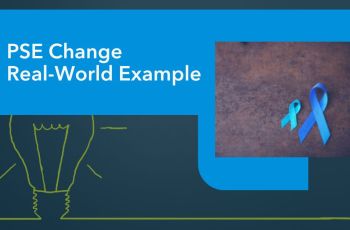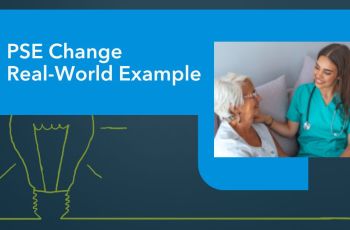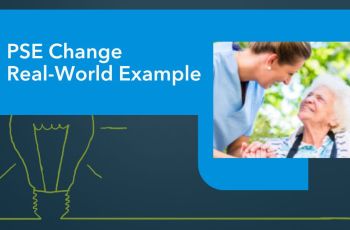This work was supported by Cooperative Agreement #NU58DP007539-01 from the Centers for Disease Control and Prevention (CDC).
Resources
From February 2020 to February 2021, the number of food insecure households rose 8.5% in Utah, with communities of color and minoritized communities experiencing significantly larger increases. In response, state partners invested in building a statewide Double Up Food Bucks Program, which can…
The New York State Department of Health engaged community partners and built support for paid leave policies for cancer screenings in worksites, which resulted in numerous entities implementing paid time off policies.
At the time of this initiative, New Hampshire ranked high on the list of states for rates of new melanoma diagnoses. Research shows that early exposure to carcinogenic ultraviolet rays, emitted by indoor tanning devices which are easily accessible to teens, can increase the risk of developing…
At the time of this initiative, the obesity rate had doubled, with almost two-thirds of Minnesota adults overweight or obese, with sugary drinks playing a role. Partners worked together in a multi-pronged approach to encourage health care organizations to phase out sugar-sweetened beverages.…
Louisiana had high smoking rates, as well as a high percentage of employees working in non-smoke-free workplaces. In response, Louisiana partners promoted a comprehensive smoke-free ordinance that would ban smoking inside worksites and public places including bars, casinos and restaurants.
Due to high rates of colorectal cancer (CRC) incidence and low screening rates in Kentucky, the Kentucky Cancer Consortium launched a focused initiative to improve CRC screening rates in the state.
The Palliative Care Program at the University of Kansas Hospital implemented institutional and statewide End-of-Life Nursing Education Consortium Training to increase cancer patient access to palliative and end-of-life care.
The Iowa Cancer Consortium worked with numerous partners to raise awareness of radon, provide radon testing and mitigation services, and identify community-based resources for low-income residents.
A collective effort by the Florida Department of Health, community partners, and health service entities resulted in the creation of a statewide certification program for community health workers.
Following extensive partner input, adjustments were made to DC Medicaid chemotherapy reimbursement rates, resulting in an expanded provider network and increased access for Medicaid patients.









